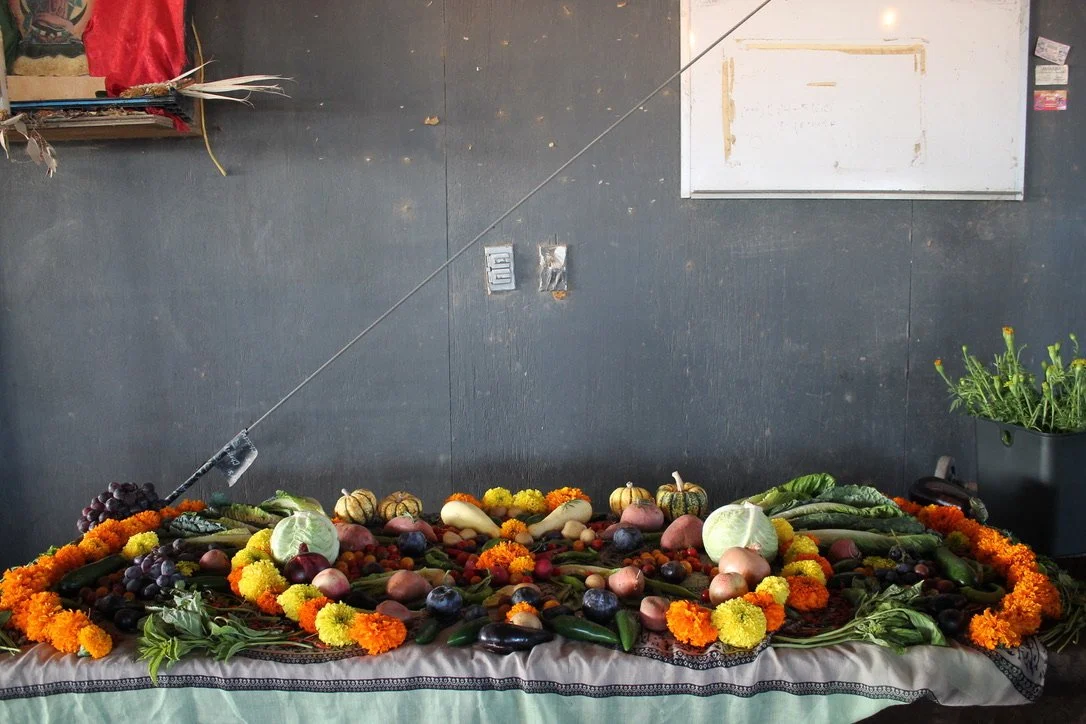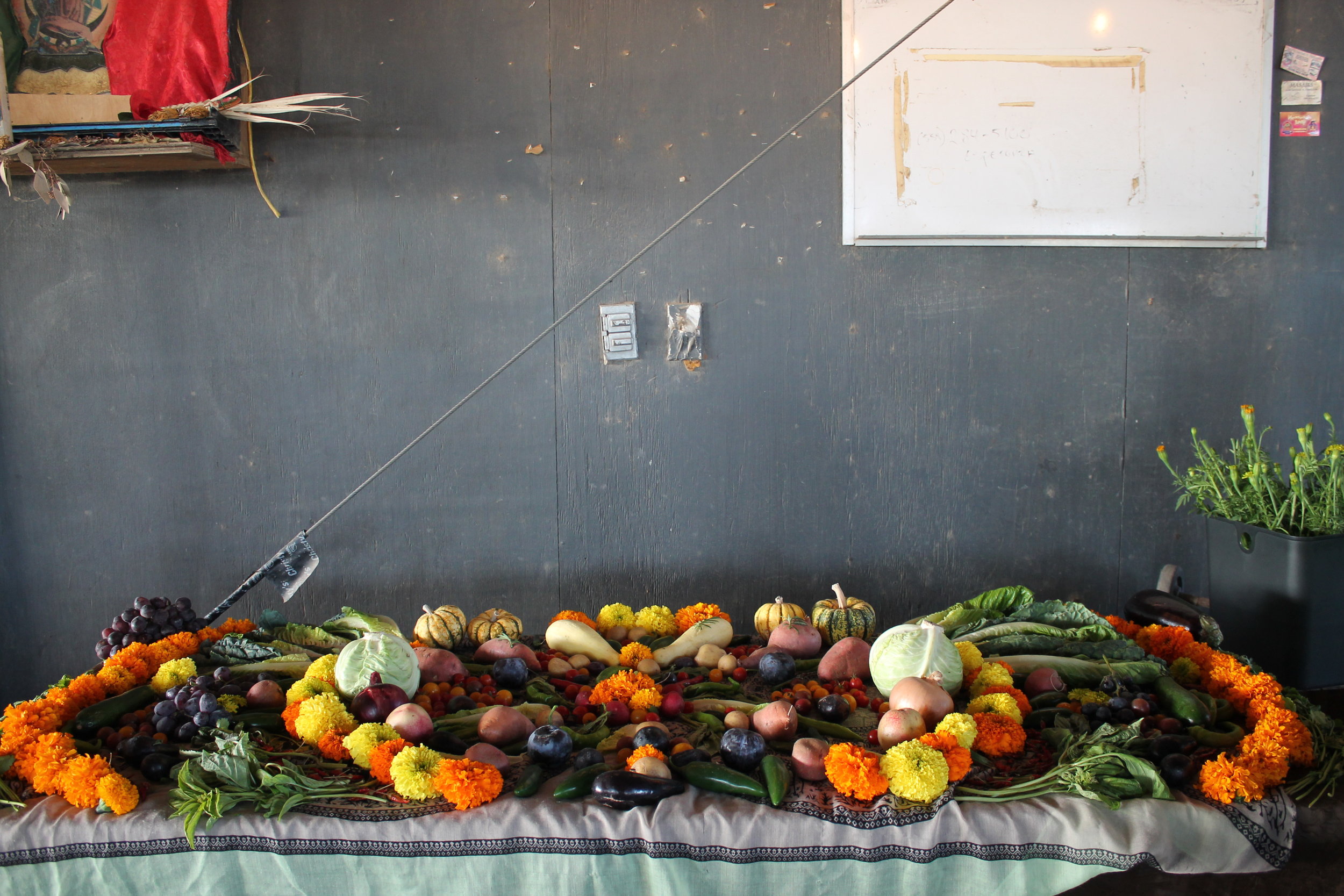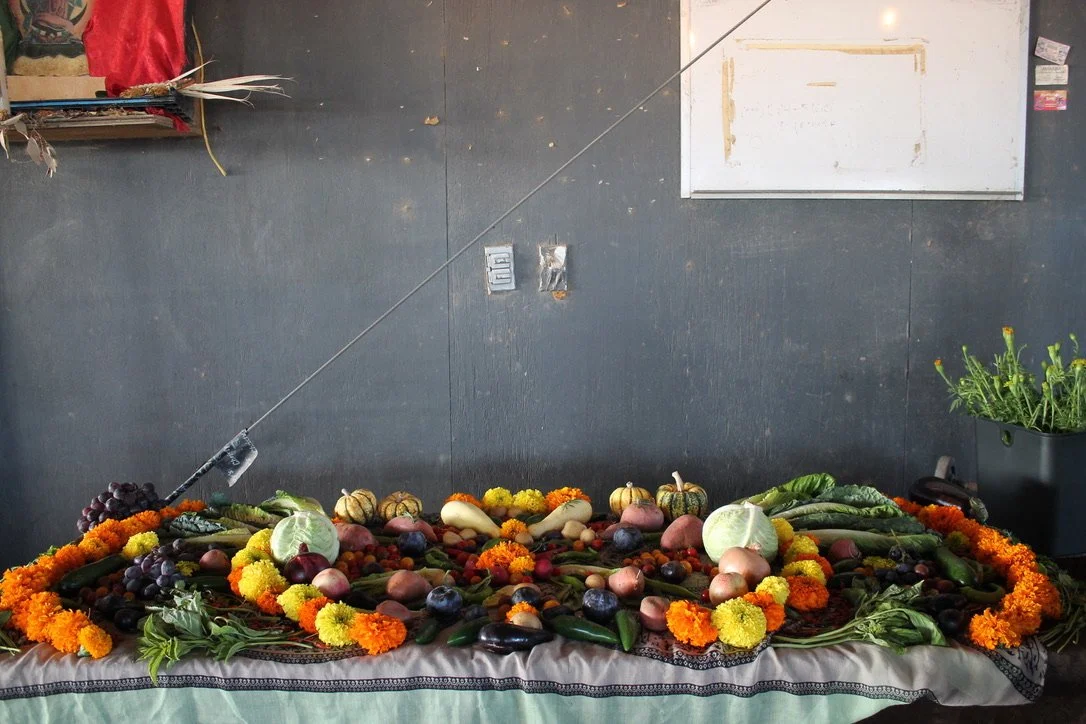Members
Our team
Farmer Governance Committee
CFJC’s governing body is made of BIPOC farmers, land tenders, stewards & producers who are currently farming in California. Interested in joining the Farmer Governance Committee? Please fill out the membership form our contact page!
Leadership Team
CFJC’s Leadership Team implements the vision of the Farmer Governance Committee and coordinates CFJC’s committees.
Aubrey Pongluelert CFJC Operations Administrator
Minkah Tarharkah CFJC Coordinator
General Members
CFJC’s general members are individuals and organizations that align with CFJC’s mission & vision. These members make up CFJC committees. Interested in becoming a general member? Please fill out the member form on our contact page!
Temu Asyr Bey Communications Committee
Natali Johnson Farmer Justice Advocacy Committee
Natalia Pinzón Jiménez Fundraising & Finance Committee
Beth Spitler Communications Committee
Janaki Anagha Fundraising and Finance Committee Co-Chair
Lily Lucero Farmer Justice Advocacy Committee
Brian Shobe Farmer Justice Advocacy Committee
Qi Zhou Farmer Justice Advocacy Committee
Héktor Calderón-Victoria Farmer Justice Advocacy Committee
Margaret Reeves Fundraising & Finance Committee
Torri Estrada Farmer Justice Advocacy Committee
Jessica González Farmer Justice Advocacy Committee
Jeanne Merrill Farmer Justice Advocacy Committee
Beth Smoker Farmer Justice Advocacy Committee
Friends of CFJC
Individuals, organizations, community members who are interested in staying up to date with CFJC’s movements in the agricultural community. Interested in becoming a Friend of CFJC? Please fill out the membership form on our contact page!



























